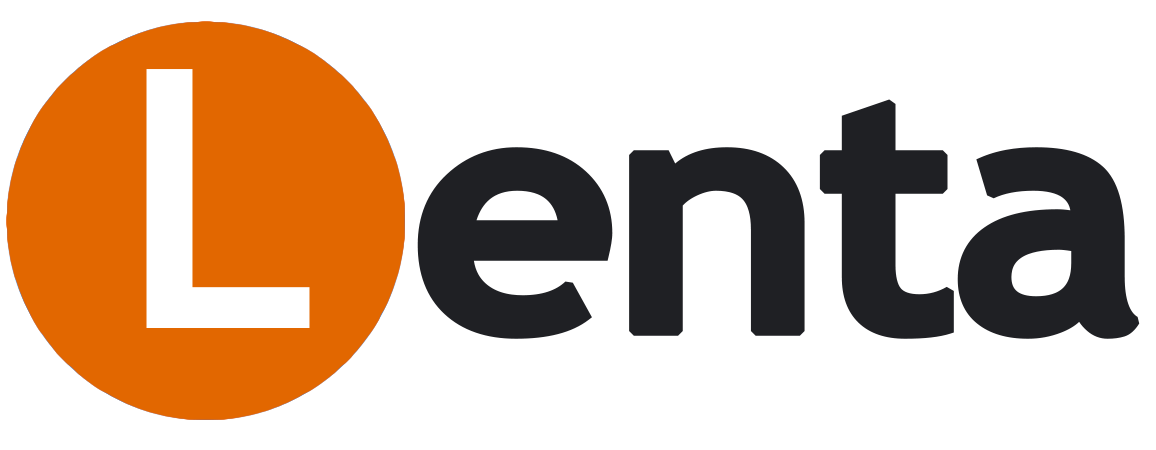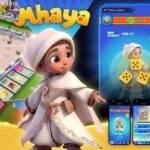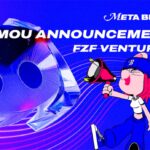
Gaming is one of the fastest-growing industries in the world.
Back in the mid-2000s, pursuing a career in game development was considered a second-place trophy compared to mainstream entertainment. Most people didn’t consider gaming to ever have a spot in “big business.” And worse, if you were one of the pioneers in the eSports space, you were condemned for dedicating your future to the pursuit of professional gaming. Even today’s famed YouTube personalities and social media stars were seen as “weird” back then before we started to feel the true effects of the technology boom.
Fast-forward to 2018, and according to Forbes, gaming is a billion-dollar industry and growing—fast.
What originally held back the growth of the gaming industry was two-fold:
First, the technology still had a long way to go. Remember, we were still dealing with flip phones and CDs in the 2000s. Gaming was seen as a male-dominant after-school hobby, enjoyed in a dark basement.
Second, social norms positioned gaming as a male-only hobby for teenagers in dark basements. If you spent time gaming or thinking you could build a career for yourself “playing games,” you were looked down upon for putting all your trust in the Internet. Don’t forget, there were still plenty of people back then who thought the Internet itself was just a trend.
But today, the gaming industry has matured and diversified. In the United States alone, the gaming audience is about 60% male, 40% female. Furthermore, the concept of “gaming” has evolved from consoles and heavy controllers to mobile games and smartphones. If you ride the train to the work in the morning, chances are you’ll see school teachers to investment bankers all playing Candy Crush or something like it from the app store.
With the gaming market primed for rapid growth over the next decade, game developers are asking themselves how they can expand awareness around the games they create—and blockchain technology is right on time.
One of the biggest challenges independent game developers face today is product awareness. It’s difficult to get new products into the hands of a global audience, simply because there is no universal payment method. You end up dealing with currency exchanges, banks, long payment processing times (and fees), or there isn’t a medium through which you can pay at all. If you’re in the U.S and you want to purchase a game from a developer in Southeast Asia, you’re going to have a tough time getting ahold of that game.
As soon as you consider the use cases of cryptocurrencies, however, the solution becomes apparent. And by leveraging the blockchain, many of these payment and monetization issues independent game developers face seem extremely solvable.
One blockchain platform that is looking to disrupt the game development space is Cloud Moolah. They have recently partnered with Unity, the most popular game engine in the world, to bring their Moo Store to more than 5.5 million Unity game developers. Through the Moo Store, gamers can then use Cloud Moolah to exchange tokens for both games and in-game purchases, giving independent developers the ability to reach global audiences and monetize in new ways.
“In our years of publishing games in emerging markets in Southeast Asia, we saw what is necessary to give game developers the best shot at success in these challenging regions,” said Jonathon Sze, COO/Co-founder of Cloud Moolah. “So we consolidated these localized services and offered them directly to Unity developers globally, enabling efficient local payments and distribution. For us, nothing beats seeing a game developer lights up when we shared what we can do to help them.”
Since 34% of the Top 1,000 games and 50% of all new games are made using the Unity Editor, this partnership opens valuable doors for game developers. The alpha version of the Moo Store is slated to launch Q2 of 2018—and with several other partnerships in place, this appears to be the beginning of a new wave of gaming monetization.
“Finding brand partners for blockchain projects is simple: in a perfect world, who will use this product and benefit from it most? Approach those companies, offer them participation at the ground level to help with vision, features, technology. The brand benefits once the final product is to market, the product benefits from having the input of large brands,” added Branden Hampton, blockchain enthusiast and advisor to Cloud Moolah.
As blockchain technology continues to solidify itself in 2018 and beyond, it’s safe to assume the gaming industry will spearhead a significant amount of its innovation. Cryptocurrencies, for one, are a concept that has been integrated into the world of MMORPGs for decades now. Soon, these age-old gaming concepts will make their way into mainstream society. And as they do, gamers everywhere will see this once “tiny industry” compete with some of the world’s biggest businesses.










